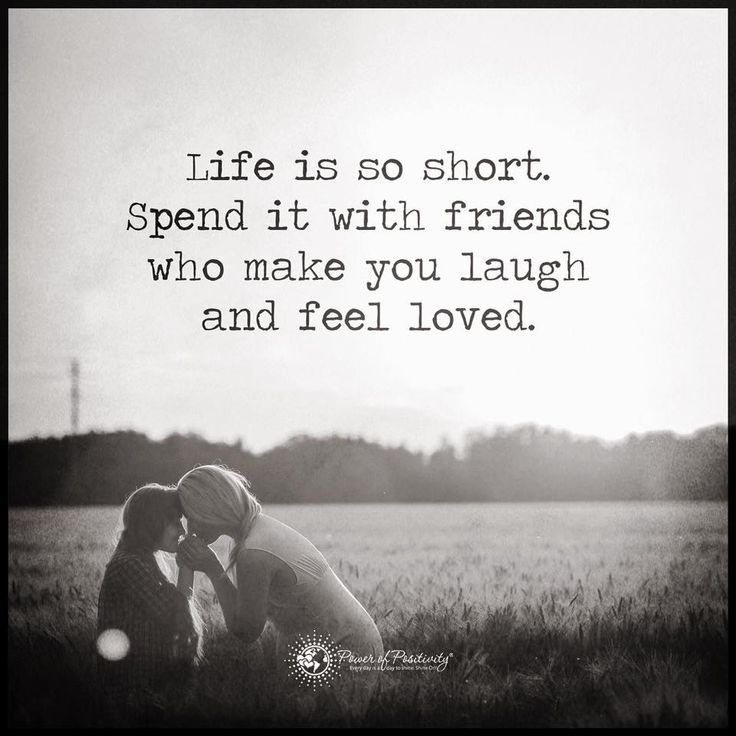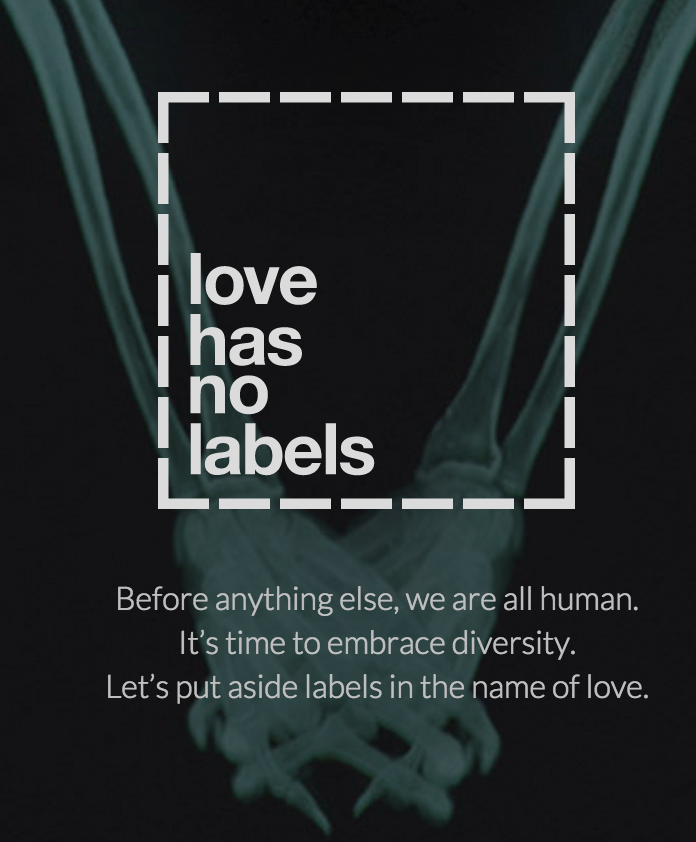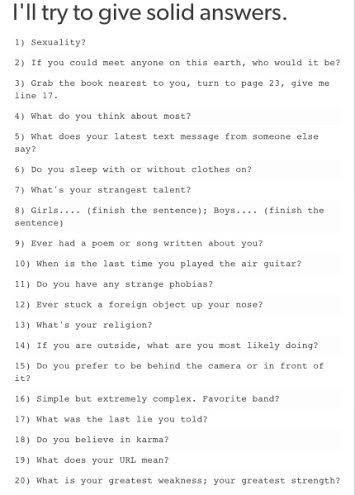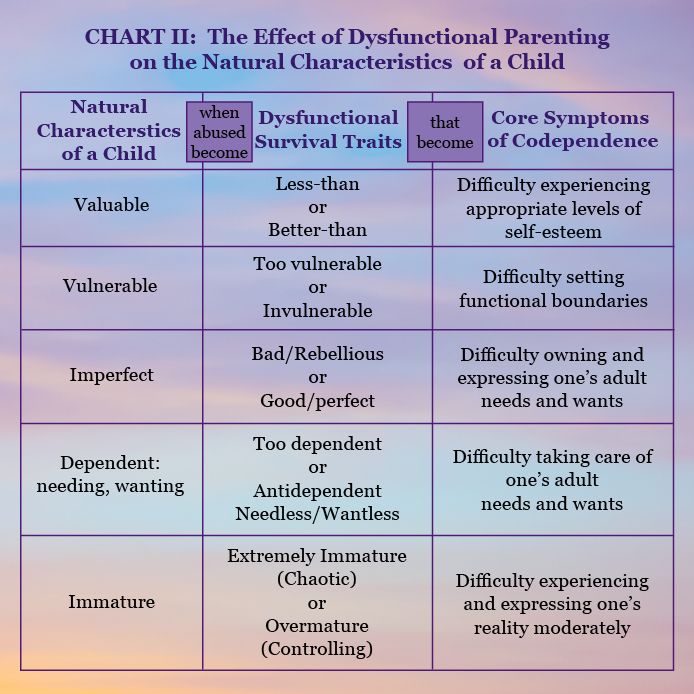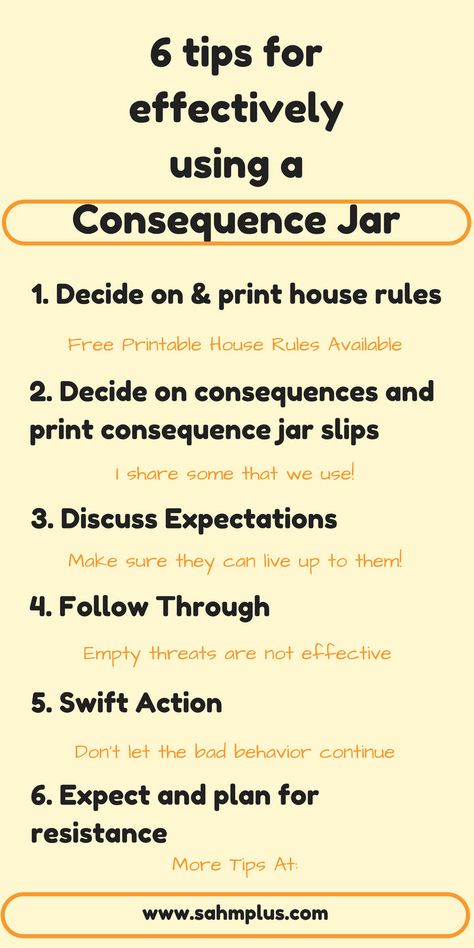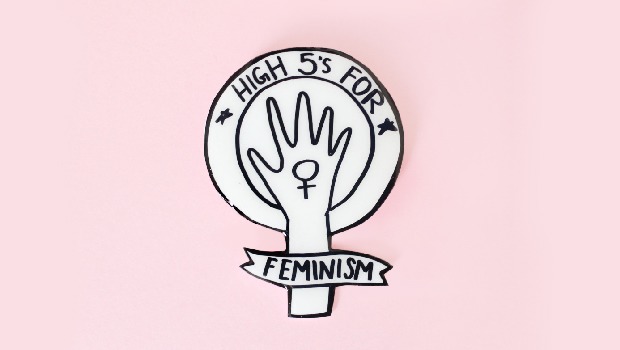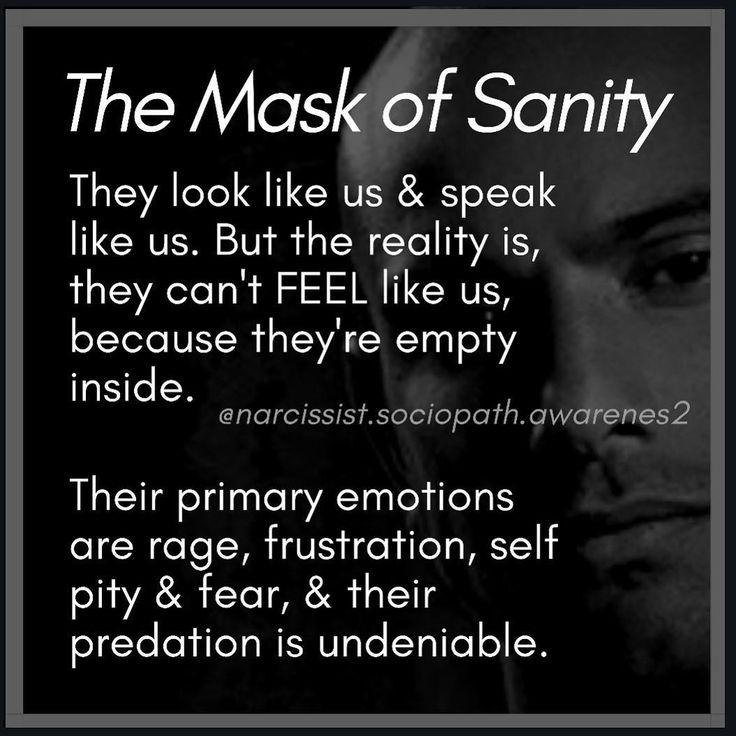How to let go of a toxic friendship
11 Tips For Letting Go Of A Toxic Friendship, Even If It Seems Impossible
Occasionally there comes a moment in life when you realize that so called "friend" of yours really isn't so great. It seems he or she lives to tear you down, or make life difficult. And in that moment, you decide it's time to end the toxic friendship, once and for all.
Because, as with any relationship, a healthy friendship should only add to your life in positive ways. Of course there will be rough patches, where you decide to hate each other for a second before making up over mixed drinks at your favorite bar. But if such feuds go on for too long, or become too frequent, it should really cause you to stop and think.
So how do you know if your friend is truly toxic, and not just kind of annoying? According to Nicole Martinez, Psy.D., LCPC, toxic people are often competitive, negative, and may resist and even sabotage your growth and change. "These people may have a number of motives. Some of them think that you will no longer want them in your life if you are to grow and get healthier as a person," Martinez says to Bustle over email.
In short, they are selfish, mean, and don't have your best interests at heart.
I get that moving on is way easier said than done. After all, this is your friend we're talking about. You guys probably lived together, or grew up together, and you definitely shared some milestones together. So how on earth are you supposed to cut them off, and never talk again? Well, it is definitely difficult, but it is possible. Here are some things to keep in mind when letting go of a toxic friend.
1. Realize It's OK To Go Your Separate Ways
When it comes to friends, it's perfectly normal to feel like the relationship will and should go on forever. But just like you can move on from a partner, you can also move on from a friend. As Louise Jensen said on MindBodyGreen.com, "The friendship may have come to its natural end and that’s OK. If you're going to grow, you're going to lose people along the way."
2. Focus On Your Healthy Relationships
When deciding to end a toxic friendship, do your best to focus on the other people in your life.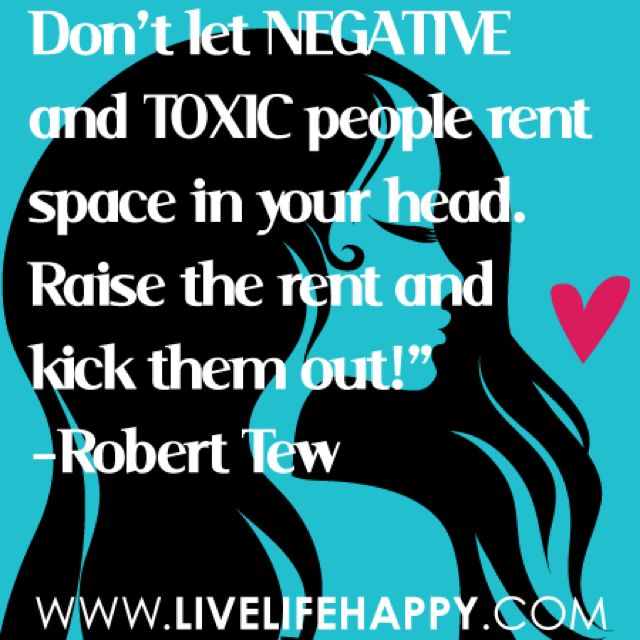 As Martinez says, "It is often helpful to focus on the healthy relationship we want to have, and ones that help us grow as a person." Such people are worth hanging on to, so go spend your time with them.
As Martinez says, "It is often helpful to focus on the healthy relationship we want to have, and ones that help us grow as a person." Such people are worth hanging on to, so go spend your time with them.
3. Don't Stew In Your Bitterness
It can be tough to come to terms with a bad friend. After all, this person was supposed to be there for you, and they failed. It can stir up some pretty heavy bitterness, but it's necessary to let this feeling go. As Jensen said, "... holding onto bitterness is damaging. Forgive her for not being the friend you want, free yourself of any guilt, and move on."
4. Don't Wait For An Apology
If a friend was treating you bad enough to dump them from your life, then don't wait around for them to miraculously apologize. According to Martinez, don't hope for an admission that the other person was wrong, or treated you bad. "That would be magnificent, almost ideal, but when that apology and insight never comes, [you'll] end up feeling more hurt than ever," she says. So move on, and try to let it go.
So move on, and try to let it go.
5. Gather The Help Of Other Friends
Don't try to go through this "break up" alone. Reach out to family or friends — anyone who can help remind you why you're ending the friendship. Lifestyle guru Kris Carr was talking about toxic partners when she wrote on her blog KrisCarr.com, but her advice applies here, too. "Seek guidance from a coach, therapist or a really grounded friend — the kind that loves you unconditionally and isn’t afraid to (metaphorically) slap you back to reality," Carr said. Sound advice indeed.
6. Let Yourself Move On
Just like you shouldn't go back to a bad SO time and time again, don't torture yourself by doing this with friends, either. Simply end contact, and give yourself a chance to move on. As Martinez says, "... the best thing we can do for ourselves is to move on and genuinely know in our hearts that we deserve better. While this is more easily said than done, it is essential for healing to begin.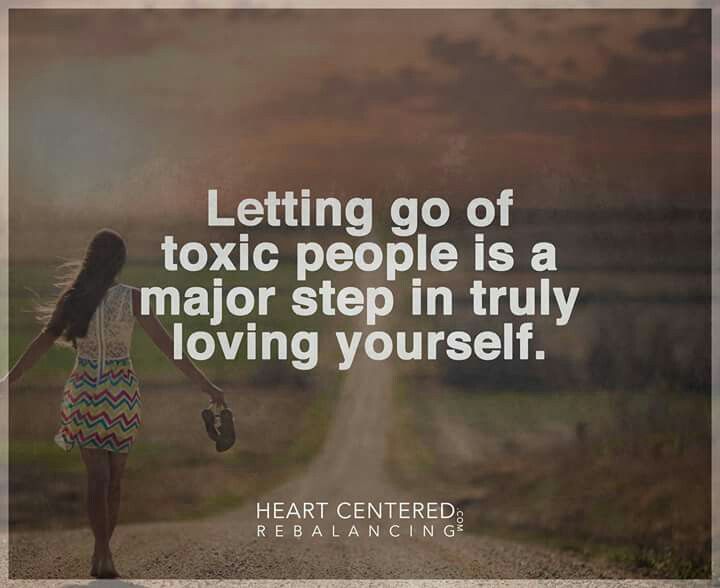 "
"
7. Allow Yourself To Be Sad
It's totally fine to feel sad about leaving a friendship. Feel those emotions, and take time to reflect on what you learned from the time you spent with him or her. Realizing what made you feel so bad will help you not put up with such toxicity in the future.
8. Have Less And Less Contact
Sometimes the easiest, and least dramatic, way to end a friendship is to slowly lessen your contact. As friendship expert Cherie Burbach said on Friendship.About.com, "If you see your friend occasionally, you can always avoid contact as much as possible, with just a response here and there if they contact you. You can continue saying you're busy until they take the hint and leave."
9. Keep Your Last Convo Brief
For a more definitive end, you could also sit your friend down and address them head on. As Martinez says, "... keep things as brief and clean as possible. You do not owe them some long and drawn out explanation. Simply let them know they will not be in your life and why.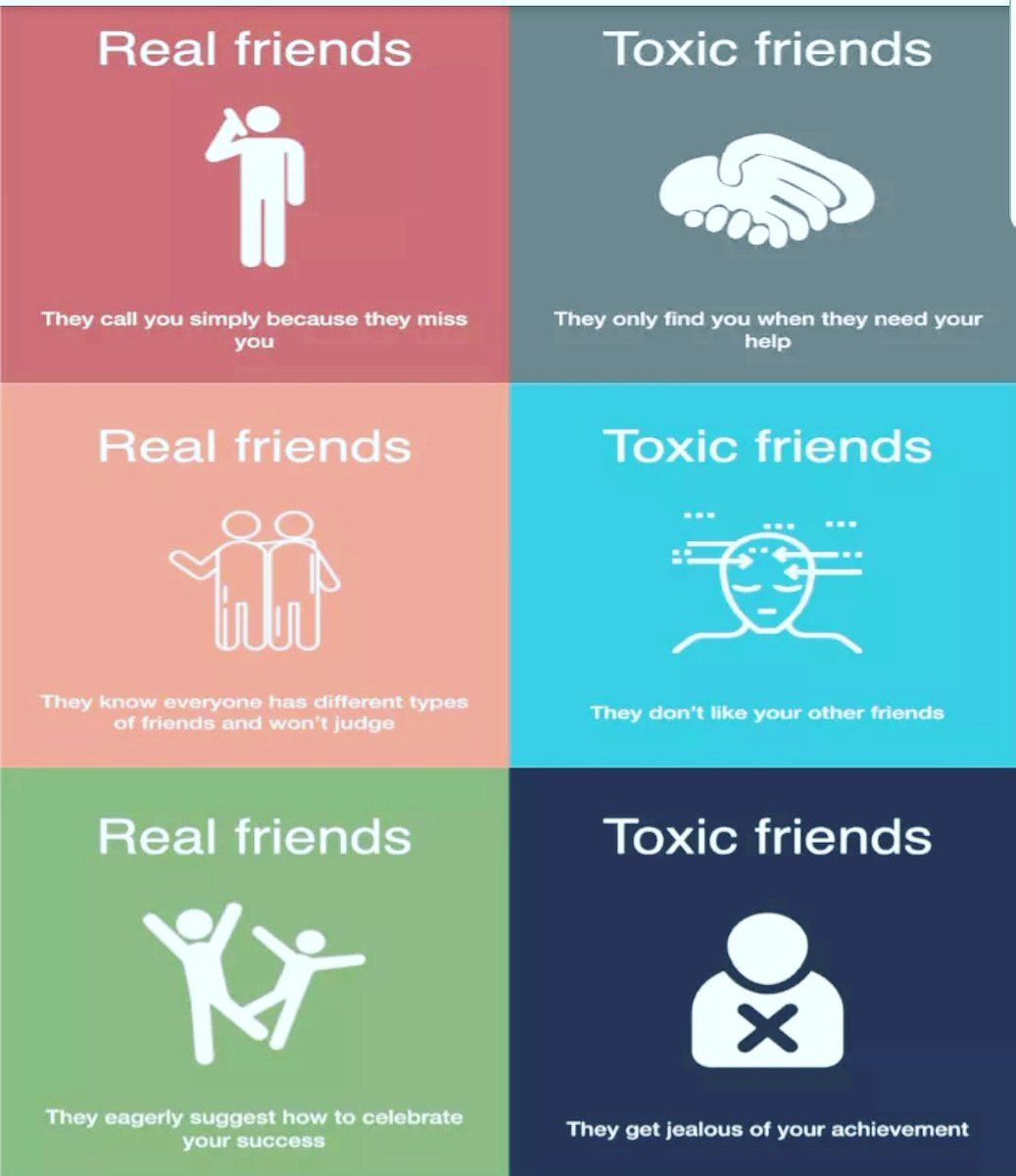 Do not argue, do not engage, state your point and move forward. "
Do not argue, do not engage, state your point and move forward. "
10. Consider Writing Them A Letter
If the previous tip sounds scary, then consider putting your thoughts down in letter form. Sometimes jotting down your feelings is the best route, as it gives you time to think, according to Martinez. It also gives you a chance to edit out some of the well, meaner, things you might feel inclined to say. Those things are best left out.
11. Reflect On What You Learned
Again, reflection is going to be a super important part of this process. As Burbach said, "Every friendship, even the negative ones, should teach us something that helps us be better people going forward." Keep in mind what you don't like, so that it doesn't happen again.
And remember, it is OK to end the friendship. It may be difficult, but you'll feel so much better in the end.
Images: Pexels (12)
How To Deal With Them, Forgive Them & Let Go
Estimated reading time: 14 minutes
In March of last year, I wrote a blog post on how to spot, drop, and move on from fake friends. Two years before that, I wrote a post on why I have no friends (and how this isn’t necessarily a bad thing). These are still, two of the most popular posts I’ve written. A few days ago, I did a q&a on Instagram. There were so many questions regarding toxic friends and how to let go of a toxic friendship, I decided to do a poll asking if my next blog post should be about toxic friendships. The results were ninety-nine percent “YES” and one percent “NO.”
Two years before that, I wrote a post on why I have no friends (and how this isn’t necessarily a bad thing). These are still, two of the most popular posts I’ve written. A few days ago, I did a q&a on Instagram. There were so many questions regarding toxic friends and how to let go of a toxic friendship, I decided to do a poll asking if my next blog post should be about toxic friendships. The results were ninety-nine percent “YES” and one percent “NO.”
So, here I am.
Readers and clients often ask me how I could be in such an incredible romantic relationship, yet, still be able to write about toxicity and breakups as though I am going through one in real-time, right along with them.
What most people don’t know is that I’ve been going through the toughest breakup of my life for the last four years.
This is not something that I feel comfortable sharing because I’m still navigating my way through it (and I care deeply about the person involved and their privacy).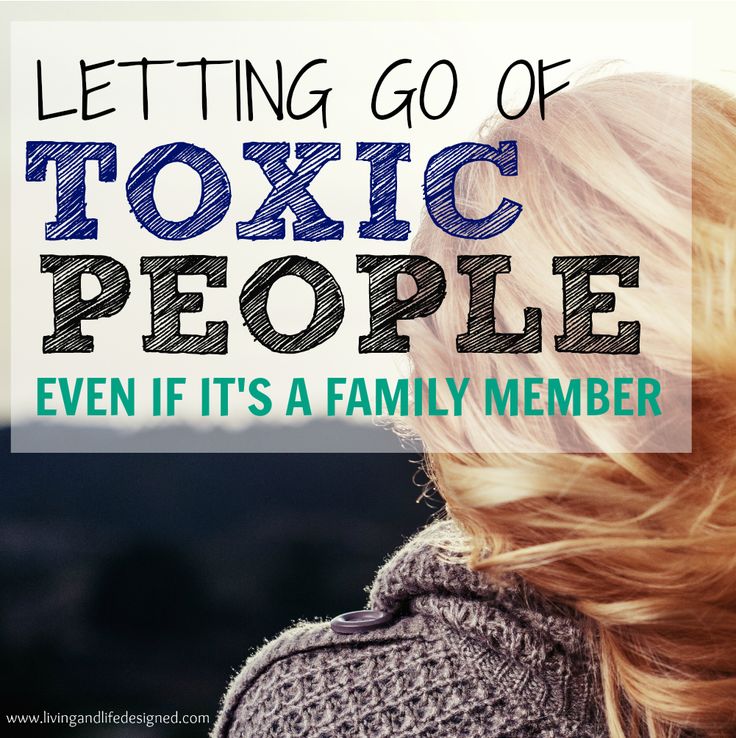 But breakups in business, with friends, and toxic family members hurt just as much as breakups with toxic romantic partners.
But breakups in business, with friends, and toxic family members hurt just as much as breakups with toxic romantic partners.
Through the years of writing this blog, I’ve gone through two breakups with toxic friends. I could never have imagined these two friends not being in my life. These are people that I could not have been any closer to.
Breakups with toxic friends are confusing, devastating, and extremely lonely. They can also make you feel very guilty and ashamed. After I wrote above that while writing this blog, “I’ve gone through two breakups with toxic friends,” I immediately wanted to delete it. There was a part of me that felt like such a failure.
But I don’t write this blog from any kind of psychological high horse. Nor do I use it as a vehicle to express how perfect I am. I still fail more than I succeed; I still mess up in my relationships. I still feel insecure and scared. And I will always be imperfect. The difference now is that I can have some compassion with myself.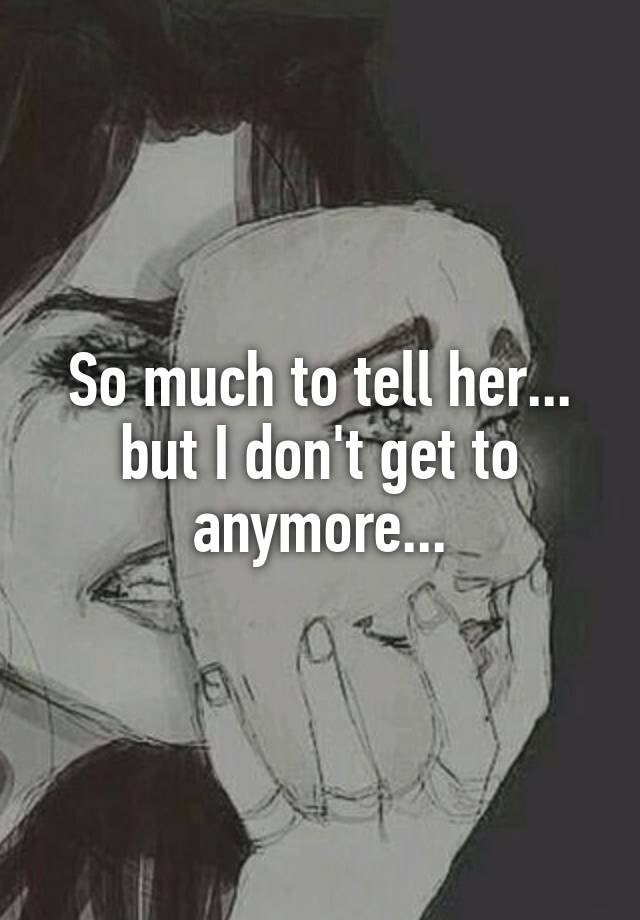 I can gently redirect and remind myself that this isn’t about me never having egg on my face.
I can gently redirect and remind myself that this isn’t about me never having egg on my face.
It has always and will always be about YOU.
Getting back to toxic friendships…
It’s one thing to go through a breakup with someone you were dating for a few months or stop talking to a family member (I am in *no way* minimizing how painful, impactful, and traumatic these breakups are) but it’s another thing to go through a breakup with *your* confidante; *your* best buddy, *your* pal (I do not emphasize “your” here, with the intention of highlighting ownership of another individual. It is done with the intention of highlighting a one-of-a-kind understanding, support system, and soulmate connection). This is the person who spoke your language and finished your sentences; the one who was there for and with you whenever the world shut you out or let you down.
There’s also this added level of awkwardness because you got close to their family and friends.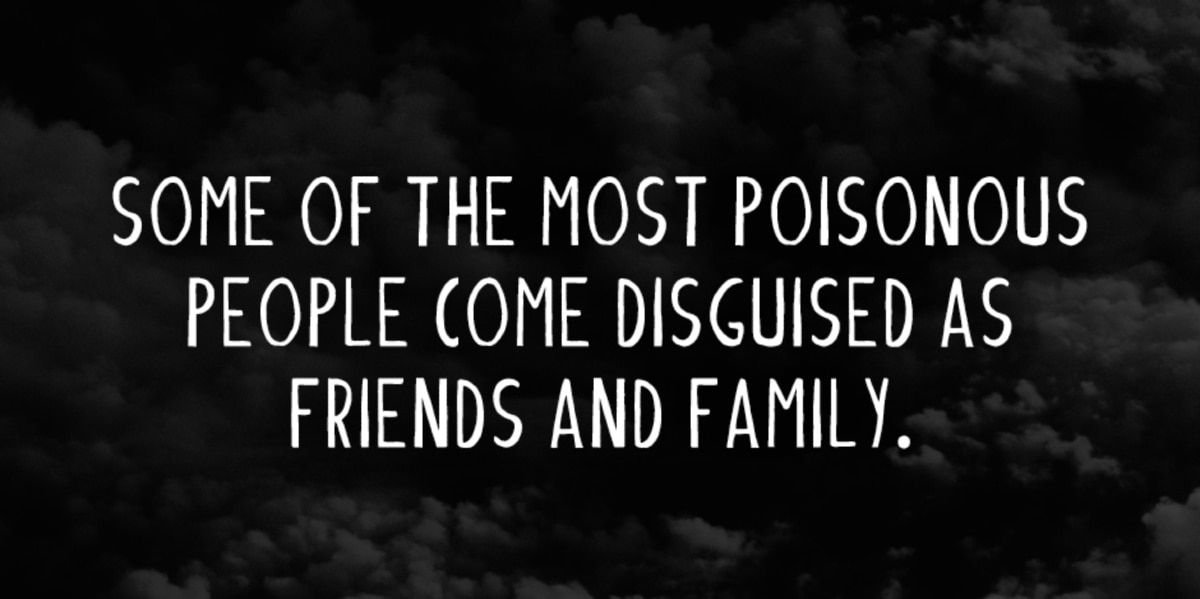 And what about all of your mutual friends?
And what about all of your mutual friends?
For me personally, breakups with toxic friends have been just as, if not more, difficult to navigate than breakups with toxic romantic partners and even family.
Breakups with toxic friends can actually be
more painful than breakups with toxic family members and romantic partners.How?
Your friends are the family that you chose for yourself.
We are raised to believe that no matter what, our family will be there. “Blood is thicker than water.” “Romantic partners will come and go, but at the end of the day, you will always have your family.” Sayings like this are thrown around a lot.
We don’t get a say in choosing our biological family, but we do get a say in choosing a family of our own. A good friendship feels like a product of your survival, the fruit of your emotional labor, and the purpose of your past pain.
And now, it’s over.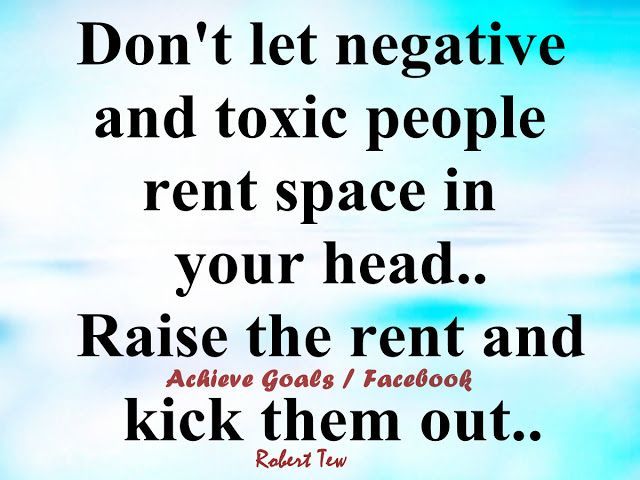 It doesn’t matter how toxic the friendship became. The actual person that you would go to when feeling the emotions that this breakup has elicited is now gone.
It doesn’t matter how toxic the friendship became. The actual person that you would go to when feeling the emotions that this breakup has elicited is now gone.
And you’re left feeling weirdly spiteful and competitive (am I alone here?), heartbroken, and “mean” for finally getting to the point that you had to ACT on your line being crossed. Or, you may feel trapped in the swamp of being a victim to their bullsh*t; realizing that you were a personal doormat, cheerleader, and armchair psychologist more than you were EVER in a mutual friendship.
What is a toxic friend?
My definition of a toxic friend is no different than my definition of a toxic person:
“Anyone who gets validation by exploiting your hunger for theirs.”
Here are just a few common traits of toxic friends:
Toxic friends tend to be really great when you’re down and out. When you’re on the up and up and it’s an important time for you in your life, you’ll find yourself consoling them or wondering what you did to upset them (when deep down you know you’ve done absolutely nothing wrong).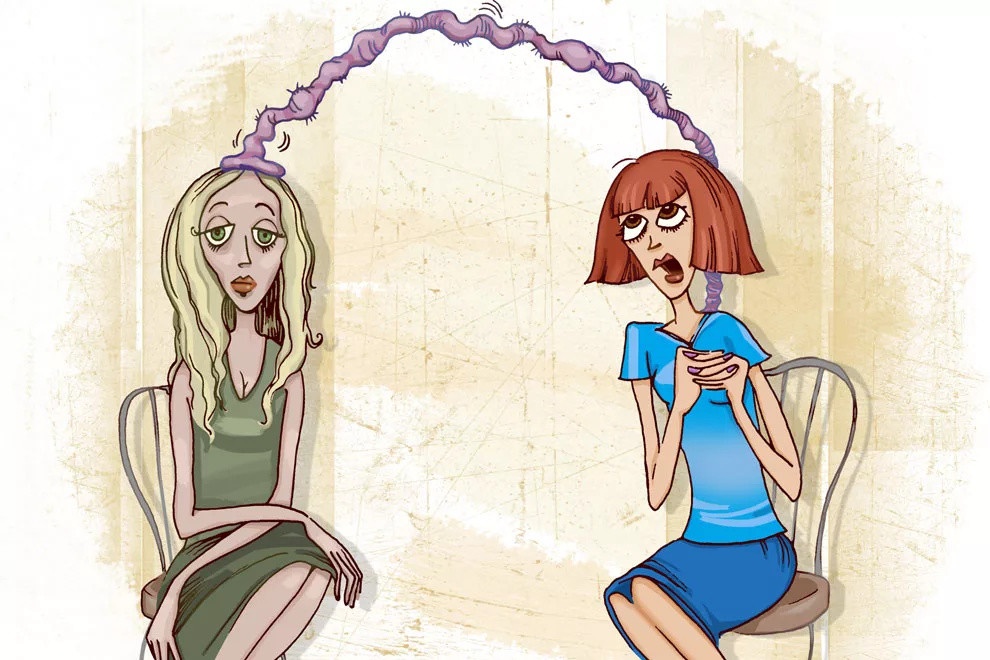
They can be very passive-aggressive and most of them are total users. They’ll throw you a few crumbs here and there just to make sure there won’t be a pause in the delivery of the loaves you consistently supply.
They can also be very controlling. If their life isn’t progressing, neither will yours! (They’ll make sure of it).
When you kindly communicate that you are hurt or have an issue with something they’ve done…
Toxic friends will try to make you feel stupid, immature, and bad for wanting to respectfully talk further to gain clarity (so that the friendship can actually continue). They’ll make you feel like you’re incapable of “moving on” and “letting things go” when really, how the hell CAN you move on without talking it out?
If I know that I hurt someone, whether or not I feel like they have a “right” to be hurt, I would care that they are hurt. I would tell them that I’m open to talking, answering their questions, and going over whatever they need, however many times they need, until clarity is reached. This is what you do when you care. You don’t hurt someone, blame your behavior on them (or another source), and then, make them feel bad for not being able to “move on” when really, they’re just having a human reaction to a hurtful and confusing set of circumstances.
This is what you do when you care. You don’t hurt someone, blame your behavior on them (or another source), and then, make them feel bad for not being able to “move on” when really, they’re just having a human reaction to a hurtful and confusing set of circumstances.
Bottom line, your intuition knows when it’s in the presence of toxicity.
You aren’t giving yourself enough credit here. You are incredibly intuitive, powerful, and intelligent. You have value. Do not allow your intelligence to be insulted anymore (by toxic friends AND by your own insecurities and fears).
If you’re dealing with a friend who you do NOT believe is toxic (or you’re on the fence), always communicate how you feel; give them a chance to explain themselves. This may create an opportunity to get even closer by understanding each other more.
But for toxic friends who have consistently proven that they are incapable of acknowledging anything outside of their righteousness and selfishness…
Explaining anything to them is a waste of time.
Please do not use the above as an “end-all-be-all.” Holes can be poked in anything and lists can always be added to. Me expecting that my blog posts are the “holy grail” would be dimming the one thing that I have dedicated my life to amplifying: You listening to, honoring, and acting on YOUR intuition – not being dependent on me and mine, just so I can gain “converts,” “disciples,” and make a fast buck.
I am here to empower others – not to disempower them just so I can empower myself by having people dependent on me. That’s the job of toxic friends, family, lovers, and toxic people in general – not me.
Have some compassion for these types. They will never know what it’s like to get off the hamster wheel of having to always find bandages to put over the cancer of their inferiority complex.
Toxic friends are prisoners to shortcomings that they have no problem being in denial of. And they always end up proving through their actions that they are more interested in protecting their ego than being wrong (and evolving as a result of self-reflection, empathy, and communication).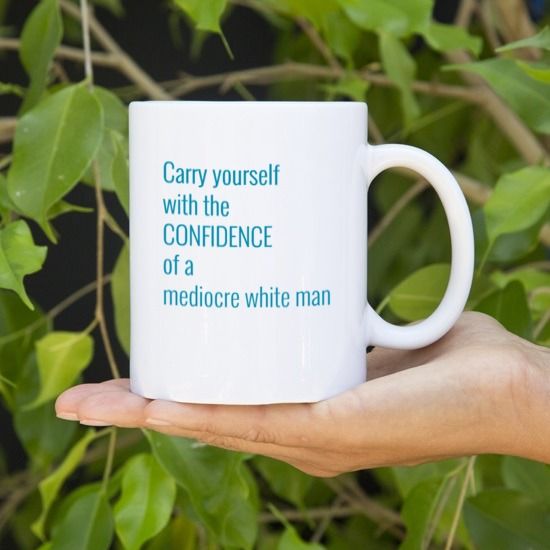
Always listen to your intuition. Pay close attention to how you consistently feel around certain friends.
In life, there are people who will use the dependency they trigger you to have on them as a way to feel better about themselves.
And then, there are people just like you who get hurt by these people. And although you are fallible (as well all are), look at you STILL searching for ways to better yourself, while simultaneously blaming yourself for the behavior of a grown adult!
You don’t have to do that anymore.
There are so many good people in this world who, just like you, can blossom and evolve BECAUSE OF applying the learned lessons amid heartbreak. People who are able to fully value and appreciate others because they value and appreciate everything they’ve done to fight for the unconditional self-love that no one can ever take away.
You are looking for emotional freedom but don’t realize that you are already free.
You are not defined by your relationships. How you define yourself is what attracts the relationships you have. It’s what sets the bar for everything you tolerate.
I know this friendship made you feel worthless but the way you were treated is not about you. It’s a reflection of how this “friend” feels about themselves.
Toxic friends do NOT all have the same exact characteristics. The number one sign of a toxic friendship is that the relationship is clearly, one-sided.
Maybe, the toxic friendship you’re trying to let go of did not start off toxic. Sometimes, people are just unhappy. Or, they go through trauma and it brings out the absolute worst in them (ask me how I know; I’ve been that person). And while we can all empathize, if you continue to outsource your empathy to the point that it’s detracting from the quality of your own life, that’s not empathy.
That’s self-inflicted abuse.
I used to have a very close friend who ended up not being good for my mental health.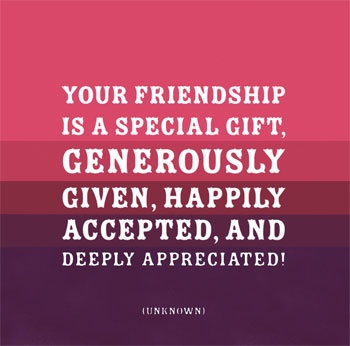 This person brought me down more than they ever uplifted me.
This person brought me down more than they ever uplifted me.
Oftentimes, I’d found out that they told other people very private things I shared with them in confidence.
I am an extremely private person and I value loyalty. Because of this, I am a loyal person and very respectful when it comes to other people’s privacy. When someone is disloyal to me and not respectful of my privacy, it truly is the worst thing that they can do because once I realize what’s happened, I can’t put the toothpaste back in the tube.
This friend used to criticize me a lot – which did nothing but fill my self-fulfilling prophecy of “I am not enough” and “there must be something wrong with me or else they’d respect me and my boundaries.”
As a result, I was primed to rationalize the nonsensical, defend the indefensible, and excuse the inexcusable.
Toxic friends will allow and encourage you to own their behavior. What they do is always in response to something you did/didn’t do.
I really cared about this friend though. We had a history and nothing ever seemed “bad enough” to throw all those years down the drain. I loved them and didn’t want to know what life was like without them in it.
Whenever I tried to talk to them about how I felt, they’d admit what they did wrong (if they felt like they were at an actual risk of losing me) and not want to discuss anything any further. Or, they’d get angry and defensive.
Ultimately, I couldn’t continue. My head and heart had hit their limit.
For an entire year after this toxic friendship breakup, I would feel like I was taking a bullet every time a mutual friend brought up their name. I would go back to thinking that I was too harsh. And I’d punish myself for days on end.
For a really long time, I felt spiteful. I was jealous, angry, and bitter. I fantasized about how great of a place I’d be in my own life when this person would be BEGGING for my forgiveness. I thought about all the things I’d say when I saw them again; how I’d really “stick it to them. ”
”
Sadly, this poisonous (but very common) mentality kept me going for a while. But I was running on fumes.
And in the process, I realized two very important things:
How to deal with toxic friends
- As long as the relationship that you have with yourself is toxic, you will attract and tolerate toxic friendships.
- What got me off of the ruminating; the shifting between wanting revenge and blaming myself, was understanding that both me AND my friend were in pain and suffering. I realized just how unhappy this person had to be with themselves to treat me the way that they did – and how unhappy I had to be with myself to tolerate it and continue giving at the expense of my identity.
Today, I feel a sense of relief, peace, and INDIFFERENCE when I think of my former friend because I have let go.
I stopped wanting to be heard, be right, and “win.”
I stopped with the one-upmanship.
And I realized that the actual “win” is the non-toxic friendship I now have with myself as a result of identifying (and getting away from) the toxic one I had with them.
Negativity, inconsistency, and toxicity are just as contagious as the virus that we are currently, taking every precaution to protect ourselves from.
The best way to deal with toxic friends is to stop. Stop trying to educate, enlighten, parent, and exonerate them into being the friend you deserve. Be the friend to YOURSELF that you truly deserve and the actions of toxic friends will of course, still hurt, but you’ll be able to let them own their own behavior.
Your peace will be restored only when you choose to prioritize it.
Always be compassionate and kind. Communicate ONE TIME how you feel. And if they don’t meet you halfway, it’s okay to forgive them and let go of what no longer is (or maybe, what never was).
How to let go of a toxic friend
Understand that you cannot fix this for them.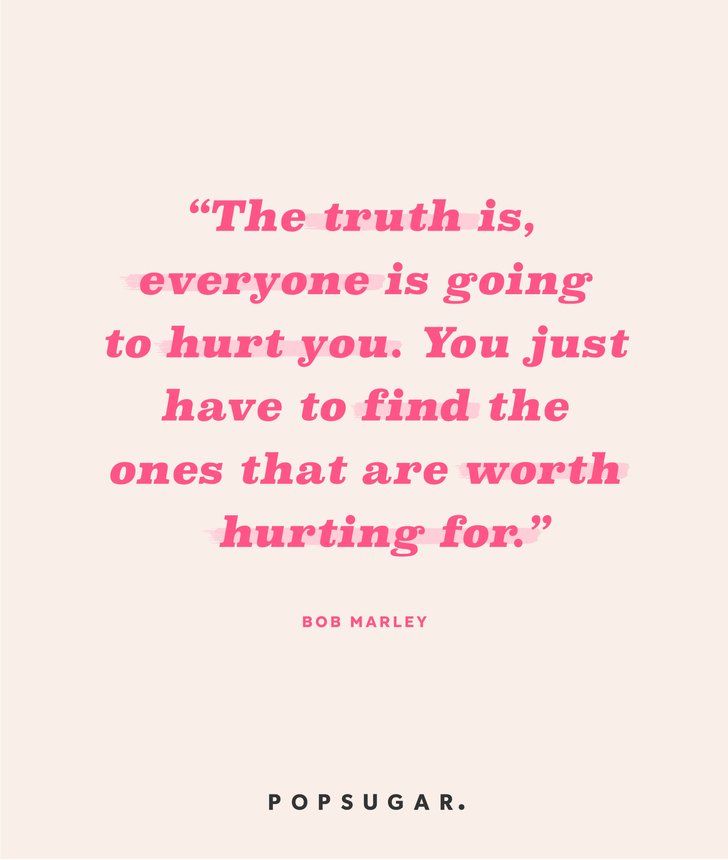 No amount of giving, caring, or listening will ever be able to fix the relationship that someone has with themselves. Only they can do that.
No amount of giving, caring, or listening will ever be able to fix the relationship that someone has with themselves. Only they can do that.
I ultimately chose to move on from my friendship with this person years ago. I used the pain I felt to launch myself into a life that I am very proud of, and deliberate about keeping clean (non-toxic). With friends whose happiness is my own – and mine theirs.
Friends who understand that I am FAR from perfect and communicate with me if I hurt them or there is a misunderstanding.
Friends who don’t count cards; who genuinely want the best for me and crave mutuality more than a hype beast.
The best way to let go of a toxic friend is to forgive. Forgiveness is adjusted boundaries that are rooted in acceptance. It’s about accepting who someone has revealed themselves to be – not holding onto the hologram of who they were, just so you don’t have to act on the boundaries that they continue to bust.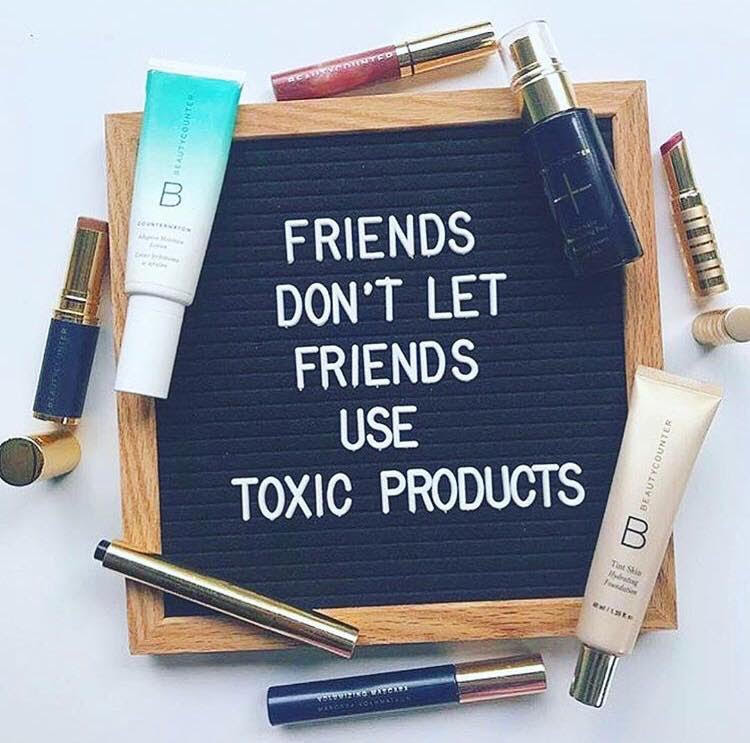
You don’t have to keep trying so hard. I spent the first twenty four years of my life bending over backward to get people to notice me, like me, and include me.
Trust me when I say, you are enough. You don’t need to be anyone other than who you are.
Some people will exit your life and it will hurt but it’s okay. You don’t need to convince them to stay.
As my friend Lorelle just reminded a reader in the comments:
“Fill your life with things that make you happy. Go to places that you like. ONLY spend time with people who make you feel good. Don’t ever ignore your gut if it tells you something is off and never apologize for how you feel about people or situations.
We learn to tolerate and accept WAY TOO MUCH dysfunction. Especially if we grew up in unhealthy dynamics.
Listen to your gut and follow your intuition. TRUST yourself. It’s hard to do when you grow up unable to trust others, but you can trust yourself.
Do something nice for yourself everyday.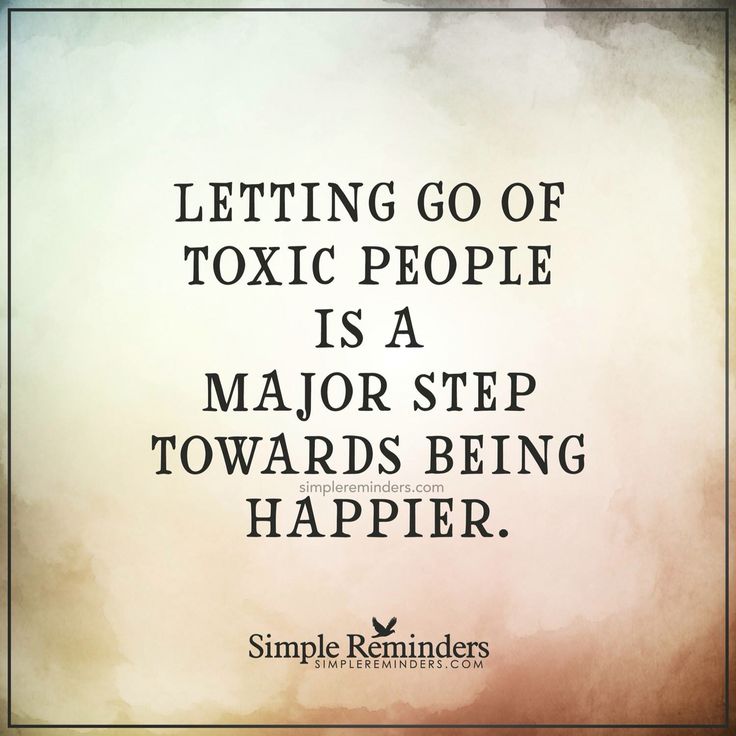 Something little, like buying yourself flowers, or a latte on the way to work. Or wearing an outfit you love, exercising or watching your favorite shows cuddled up. The more self-love you show yourself, the more comfy you will be in your own skin, and you will not settle for things that make you feel bad about yourself – especially from other people. Don’t accept crappy behavior from others. Rudeness, letting you down, not being there for you, only wanting you for favors and never putting any real effort in.
Something little, like buying yourself flowers, or a latte on the way to work. Or wearing an outfit you love, exercising or watching your favorite shows cuddled up. The more self-love you show yourself, the more comfy you will be in your own skin, and you will not settle for things that make you feel bad about yourself – especially from other people. Don’t accept crappy behavior from others. Rudeness, letting you down, not being there for you, only wanting you for favors and never putting any real effort in.
When you start to get strong at this, you will amaze yourself with who falls out of your life, and the new kinds of people you will attract. But you truly deserve the best and you can have all of it! You just have to believe it.”
If you feel alone or are having a hard time moving on from a toxic friendship, please comment below. Not only will it help others, who are too shy to comment, feel less alone but you may make a lifelong friend in the process of sharing. There are so many good people in this world who have so much love to give – yourself included.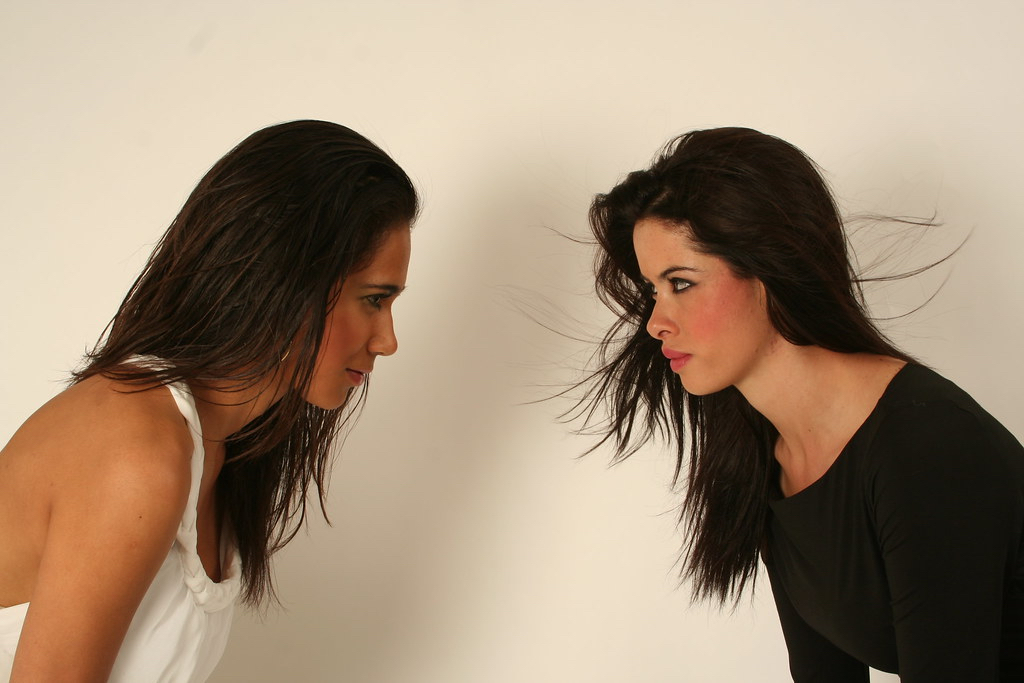
Are you done with toxic relationships and ready to attract (and be attracted to) healthy relationships? Do you want to connect with others on a deeper level than the comments below? Click here to become an Emotional Mastery Member and learn more. If you’re looking for more personalized, one-on-one help, you can work directly with Natasha Adamo here.
How to End a Toxic Friendship - BezObid.org
Ending a friendship is never easy, but if it was a toxic relationship, you should be especially careful to end it without too much drama. In this article, I will talk about how to end a toxic friendship with minimal conflict.
Toxic friendship is a relationship format in which you maintain communication with a person with whom you have a visible friendly relationship, but at the same time, in fact, something in this relationship does not suit you. As a result, you are torn between the desire to maintain this relationship and the periodic realization that you do not need such a relationship.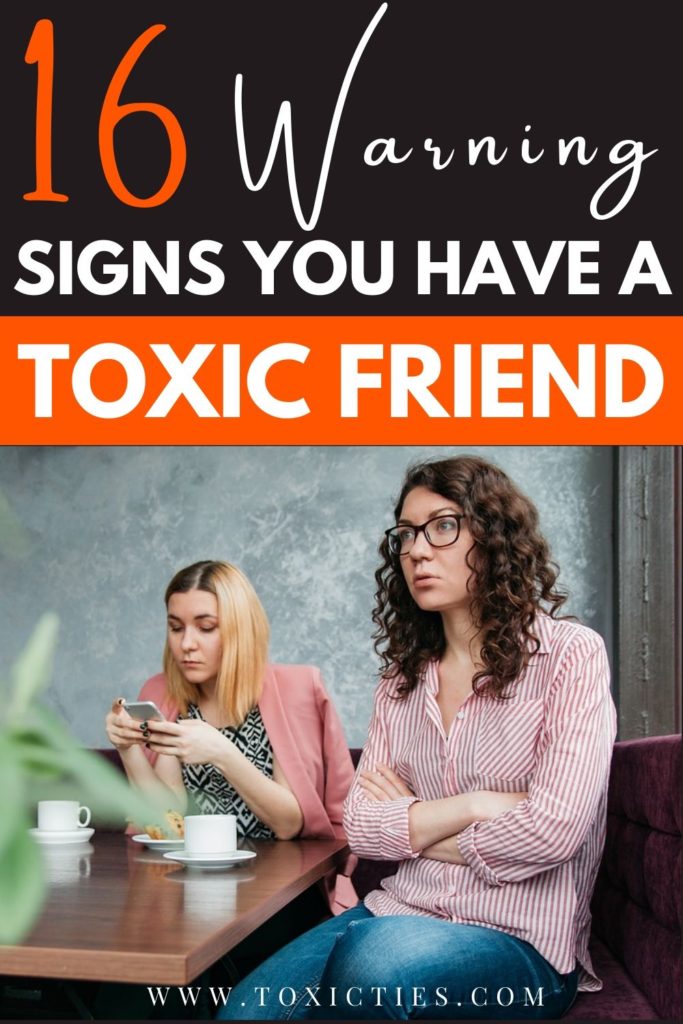 Communication has ceased to bring pleasure, and you are only wasting your strength and emotions in vain in these relationships, constantly enduring negative emotions and feelings of varying degrees of intensity.
Communication has ceased to bring pleasure, and you are only wasting your strength and emotions in vain in these relationships, constantly enduring negative emotions and feelings of varying degrees of intensity.
The article will be organized as follows. First, I will give some signs of a toxic friendship and show you how to identify it. Then I'll explain why toxic friendships are so hard to end. Then the most important thing - I will tell you how to get out of such a friendship, how to be consistent in your decision, and - the cherry on the cake - how not to break loose in a few months and not write to your “friend”.
And at the end of the article, let's talk about the conclusions that it would be nice for you to draw.
Let's go!
The first thing we need to figure out is what are the signs of a toxic friendship and how to identify it.
What are the signs of a toxic friendship?
Here are some signs of a toxic friendship:
How to understand that friendship is toxic?
Try asking yourself the following questions and reflect on the answers that come up.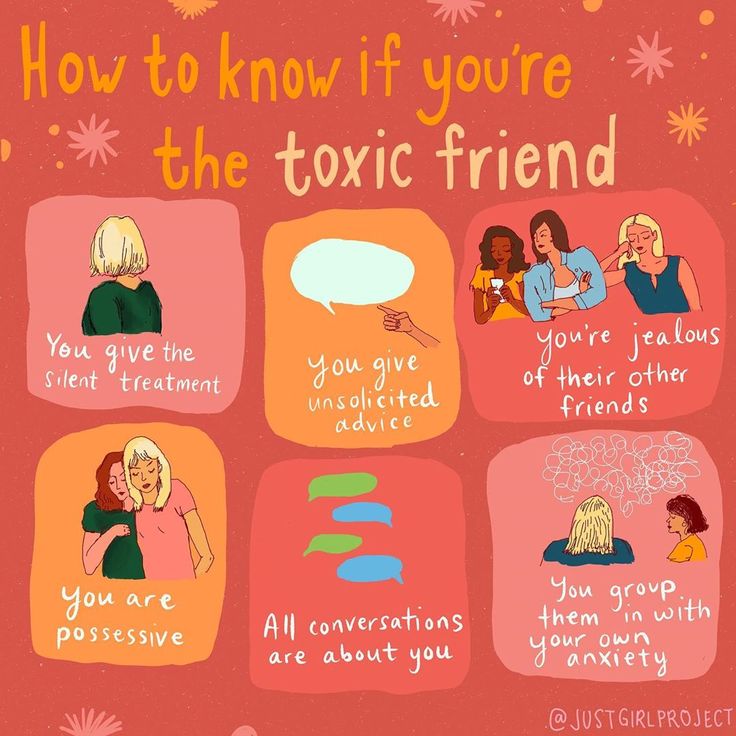
- Am I experiencing a negative impact on my emotional state and my life in general, in connection with this friendship?
- Is this situation temporary or has it always been like this, and most likely will continue to be like this?
- Does my friend seem to enjoy my negative emotions?
- Is my friend taking advantage of me? When communicating with me, does he focus only on himself?
Do not give hasty answers. In a good way, these questions are worth asking yourself when you spent some time away from your “friend” and let your emotions settle down.
If, in an even emotional state, you answered “yes” to these questions, then you must muster up the courage to break off contact with this person. Even despite all the positive qualities of this person and the pleasure that you still sometimes get from communicating with him ...
Ideally, you should remove the emotional charge from any resentment you have with your friend.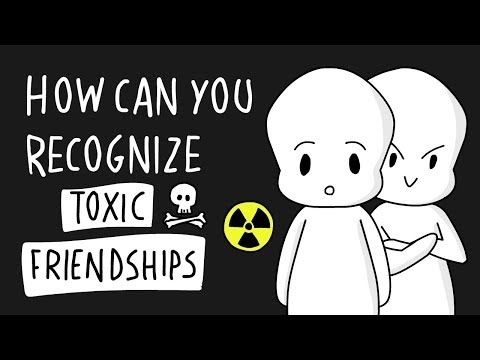 This will give you more sanity and lessen the intensity of your automatic emotional responses that are almost inevitable when you have a “conversation” with a friend. To do this, read my article “How to work through resentment”.
This will give you more sanity and lessen the intensity of your automatic emotional responses that are almost inevitable when you have a “conversation” with a friend. To do this, read my article “How to work through resentment”.
Now we need to figure out why it's so hard for people to just break up with a toxic friend in general.
Why is toxic friendship difficult to end?
It's very easy to break up with a friend if they set you up. It is very easy to break up with him if circumstances forced you to stop communicating (for example, he went abroad). But it is much more difficult to break up with a friend when the relationship with him seems to be normal, but on the other hand, every now and then you become unpleasant from communicating with him.
The problem with toxic friendship is that in it you are torn to the very end between the intention to keep it and to discard it. Therefore, in order to stop it, you will need maximum awareness and determination to make the right choice.
What makes you want to stay in a toxic relationship? Ultimately, only you alone know the answer to this question, and if not explicitly, then at least subconsciously.
Perhaps you are just holding on to the image of this person in your mind and don't want to see the real state of affairs. For example, you may have fun with this friend, because you are accustomed to having fun with him, but, as it turned out over time, he has a bad temper. When unpleasant moments arise in communication with him related to his character, instead of drawing conclusions, you continue to cling to your ideas about this person as your close friend and begin to look for problems in yourself. In this case, read my article “How to get a person out of your head”.
Another reason why toxic friendships go on and on is the fact that they can be difficult to recognize. Temporary difficulties and troubles in friendship do not mean that everything, this friendship is toxic, and communication with this person should be stopped.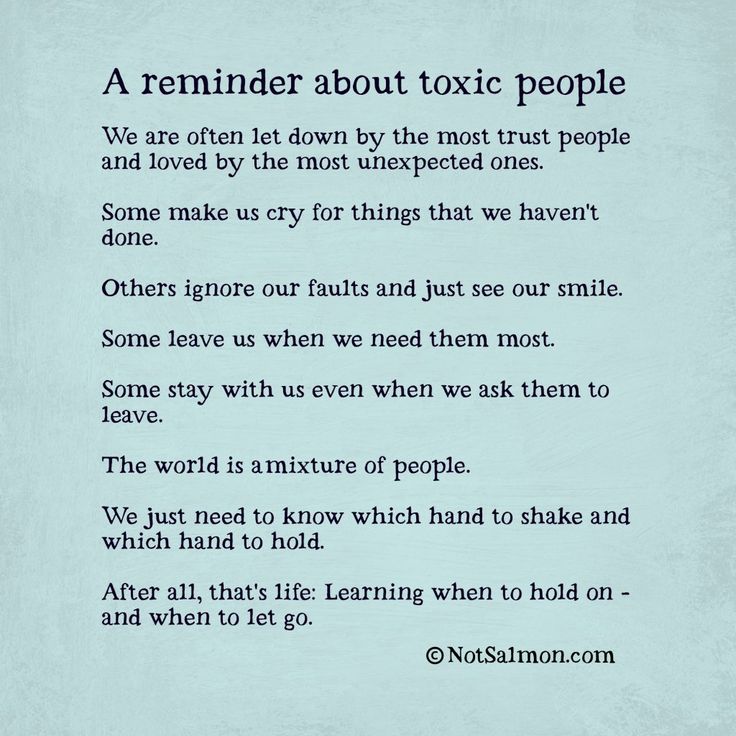
If you answered “yes” to these questions in an even emotional state, then you need to muster up the courage to cut off contact with this person. Even despite all the positive qualities of this person and the pleasure that you still sometimes get from communicating with him.
How to end toxic friendships without drama
Ending toxic relationships is often accompanied by drama and conflict. Moreover, even if there is no conflict with a friend, you are practically guaranteed an internal conflict.
In this regard, the aforementioned work through of resentment is the best thing you can do to reduce your internal conflicts to nothing, but it will take time. You do not have a few weeks to prepare, you need to end the relationship now. Therefore, the best thing you can do is make a sober decision and then carry it out despite any internal inconsistencies.
Here you have several options - you can “come out into the open” and tell your friend that that's it, the friendship is over, or you can just stop talking unilaterally.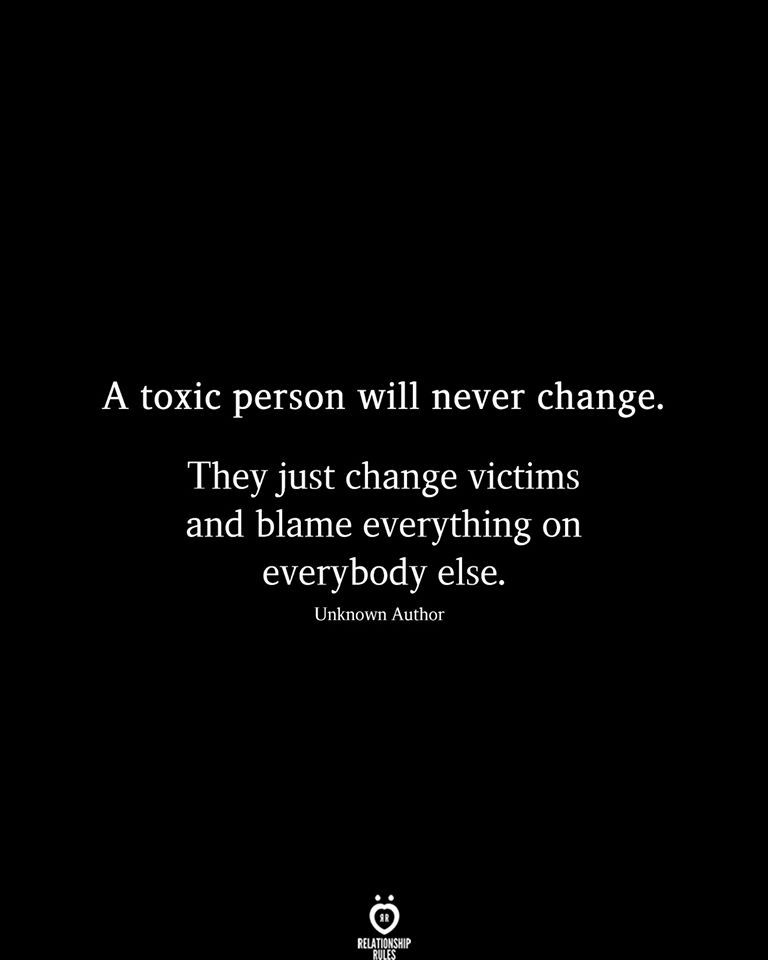
Which option is better? There is no definite answer here. It all depends on you, your friend, circumstances, etc. But a couple of general words can be said.
Should he tell or not?
Perhaps the most important thing here is how often you see each other. If you don't see your friend very often, you can just avoid contact with him as much as possible, occasionally answering here and there if he contacts you. If he gets in touch, say that you are busy until it reaches him and he leaves you alone.
Will a friend pester you? Not excluded. People are often pushy, pushy and annoying - especially if they are used to getting away with such behavior.
Well, be persistent, and if you experience remorse, dig yourself. It's probably just a bunch of fears behind us, limiting beliefs about being "good" and that good people don't do that, and trying to avoid disapproval.
If you work through resentment in the spirit I suggested, then you will somehow get to these internal restrictions.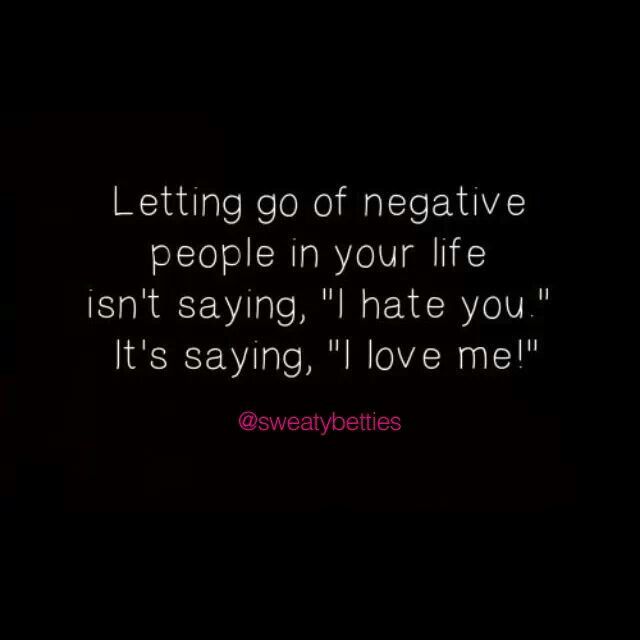 But for now, I repeat, just make a commitment to ignore your inner limitations and implement your decision, despite any excuses your inner voice may whisper to you.
But for now, I repeat, just make a commitment to ignore your inner limitations and implement your decision, despite any excuses your inner voice may whisper to you.
Does this mean that in all cases you should simply ignore your friend until he falls off?
No, of course not.
When do you need to talk?
Silent termination of contact is not always possible due to a number of circumstances. For example, if you see this person every day, then sooner or later he will ask you for your behavior, and then you will have to say something.
If you are brought out to talk, be honest, but don't blame the person for anything. It can be very tempting to say “it's all about you,” but instead, explain to a friend what emotions you regularly experience in this relationship, using specific examples if possible.
Next, you should let him know why you want to end the relationship and emphasize that this friendship is no longer suitable for you. At the same time, do not use the word “toxic” and do not state that your friend is bad.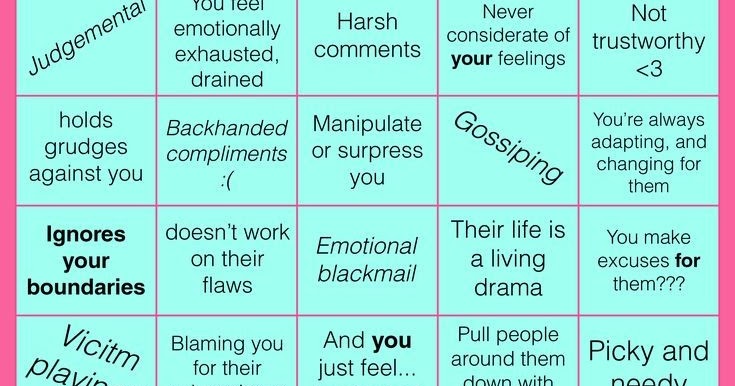
Instead, tell him about the times when you were uncomfortable because of his behavior, but do it calmly. Be as cool as possible and, if you like, slightly aloof in your unemotional and polite tone. Your emotionality can only cause an unnecessary resonance in a friend, inflaming the conflict. But if you conduct a conversation evenly and unemotionally, a person simply realizes that he was put before a fact, and it is useless to make a conflict out of this - after all, you have already made a decision.
What if a toxic friend doesn't get through?
Of course, not everyone gets it right away. And some will also tell you that you made it all up, and everything is not really like that, in fact, devaluing your feelings and emotions. If this happens, know that you made the right decision to end the relationship with this person. True friendship and disrespect for the feelings of another are incompatible.
Some will apologize to you. Feeling the power of your intention to end the relationship, they may sit down on a point, and on an emotional zombie autopilot - the same autopilot that I warn you against in every possible way - they will begin to apologize, asking you to reconsider your decision.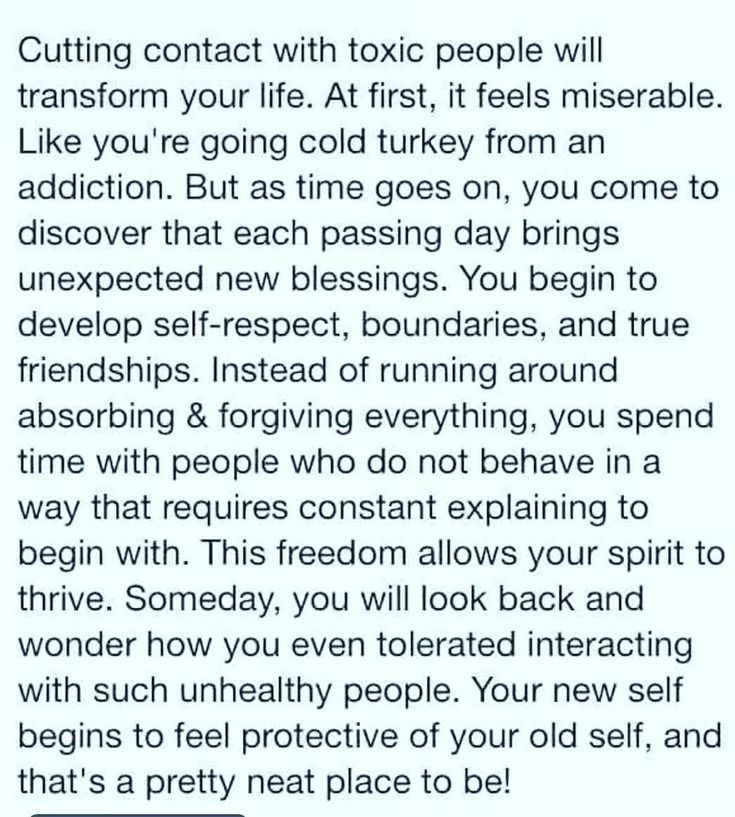
Never give in to such requests. The decision has already been made by you, and you do not intend to revise it. The fact that your friend just now realized that he behaved badly is his problem. Everyone is responsible for their own idiocy, and your friend is no exception. Why on earth would you need to change your mind if a friend suddenly realized something there?..
Did he realize anything at all?
Most likely, he did not realize anything. If he starts apologizing to you, you can safely bet that there is no awareness here, and it’s just that his ego automatically gives out everything it can, just to save this relationship, maintain the status quo, regain the illusion of control and not feel guilty. It's all the same things that were at to you , and who tried to dissuade you from ending this relationship. If you overcame your inner limitations by intending to break up with a friend, then why on earth should you make an exception for his limitations, which, in essence, mirror your own?
Do you see how toxic relationships rely on the interplay of two people's inner limitations? Basically, your relationship with your friend was just a collective mixing of your mutual inner limitations and ego games.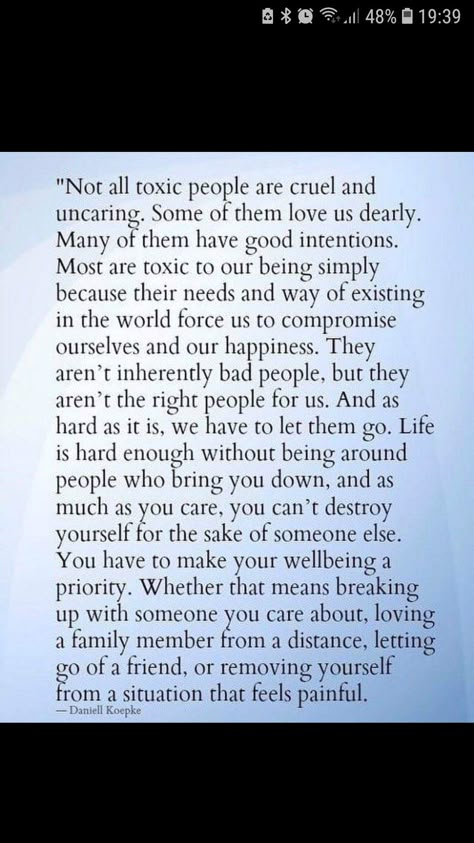 And if one person stops doing it, the relationship is must end with . Keep this in mind if you have any doubts about the correctness of your decision.
And if one person stops doing it, the relationship is must end with . Keep this in mind if you have any doubts about the correctness of your decision.
And one more thing. Always choose a face-to-face meeting, or at least a phone conversation, rather than texting. Ending a friendship in a text message is very difficult. A text battle will begin, which you don’t need at all, and you will have to start ignoring or blocking a person. If you have to see each other often, you absolutely do not need such an alignment.
Be consistent in your decision
I have to repeat this over and over, it's so important.
Toxic friendships often break off and then resume, posing as “friendships”. This is reinforced by people's tendency to idealize their past - it will seem to you that, in principle, there was nothing so terrible in this relationship, so why not renew contact?
Why suddenly, after the termination of communication, there is a feeling that this friendship was not so bad, and that it would be necessary to restore it?
The same reason why people generally have problems in relationships is a lack of awareness.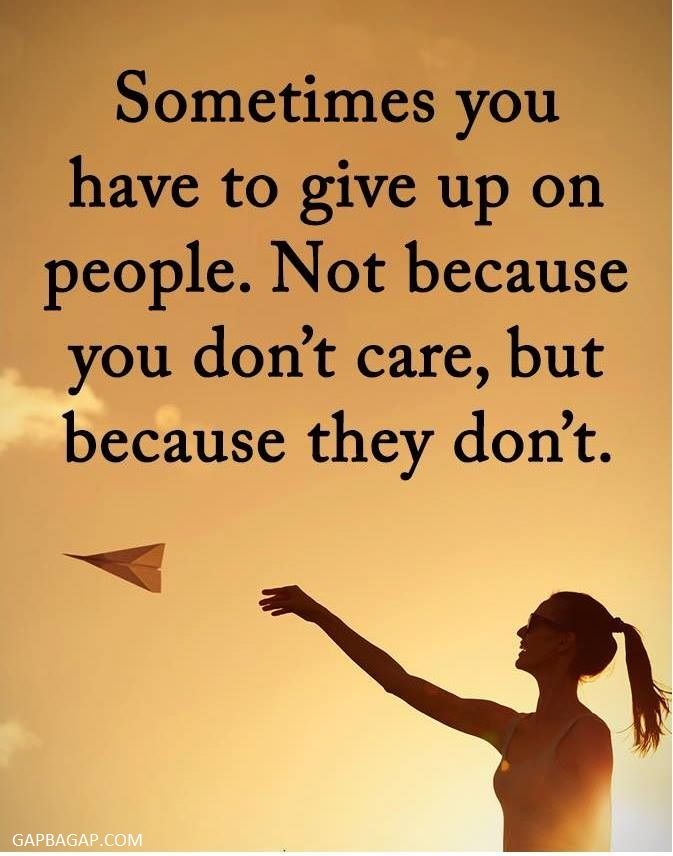 To understand your motivation to rekindle a relationship, pay close attention to your thoughts, and perhaps you will track the following among them:
To understand your motivation to rekindle a relationship, pay close attention to your thoughts, and perhaps you will track the following among them:
- If my friend just controlled his behavior, we could be good friends.
- If my friend wasn't always in a bad mood, we could be great friends.
- If I just don't see her too often, we can keep in touch
- Because I don't communicate with her now, I can't be in our friendly company, and I don't want to lose my other friends because of him
- I just won't talk to her in person, that's all
- I showed weakness by leaving this relationship
- I am ashamed that I ended this relationship
- What kind of friend am I after that? Instead of talking and sorting out everything, I took and disappeared
- Good friends don't do that!
- If I want to have good friends, I myself must be a good friend
- Really, she didn't do anything so terrible. I just had such a period that I reacted sharply to her phrases, but now I am a different person, and this will not hurt me
- If I just don't react to her antics, she will stop behaving like that
Do not fall for these thoughts! All this is a product of your fears, your desire to maintain the status quo, your unwillingness to have disapproval (including the disapproval of your mutual friends), your unwillingness to feel guilty, your unwillingness to admit your hurt, your limiting beliefs and other internal limitations.
For you to overcome all these things in order to decide to break up with a friend was not an easy step and even, perhaps, emotional labor. And now, do you want to nullify all your efforts by letting your limitations take over your perception again?
No, you promised yourself to make a decision, and it is not subject to revision.
How not to break loose and not renew contact?
Here are three things you can do to keep yourself from reconnecting with a toxic friend.
1. Talk more with other friends.
There is such a thing as a scarcity mentality. In your case, this is a subconscious conviction that your friend is special in one way or another, and therefore, they say, these relationships need to be “protected”, since you don’t have other such friends. In practice, this leads to the fact that you convince yourself to renew contact with him, while fully understanding that the decision is wrong.
If you feel like texting a toxic friend you seem to have cut off contact with, remind yourself that there are a lot of people on this planet, and there are just 9 of them. 0053 a bunch of s can be much better friends than that toxic friend you broke up with.
0053 a bunch of s can be much better friends than that toxic friend you broke up with.
So the next time your hand reaches for the phone to write to him, write to someone else and meet him. So, little by little, new friends will be made, and over time, your subconscious mind will tell you that holding on to the toxic relationship that you had with that friend is simply pointless. As a result, the desire to renew relations with him will rapidly fade away.
2. Stop considering him your friend.
In the phrase “toxic friendship”, the word friendship is already half of the phrase. But true friendship has nothing to do with what you had with your toxic "friend."
So, at least for now, stop talking about him and even thinking of him as your friend. Then, you won’t have to deal with such verbal balancing act and playing labels “friend” or “not friend” ... But for now, in the interests of successfully overcoming emotional dependence on that relationship, stop considering him your friend.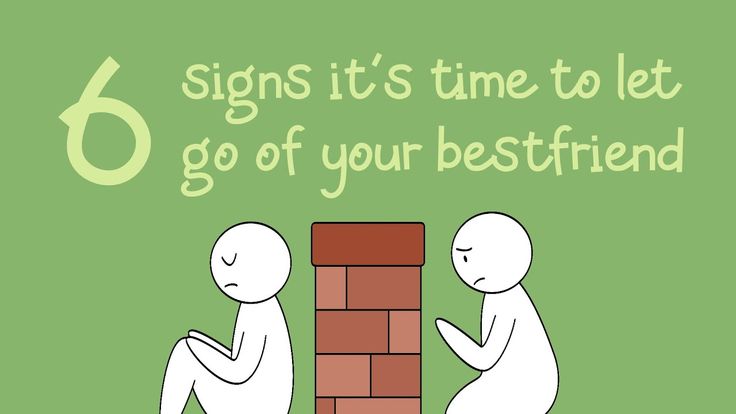
3. Get him out of your head.
I have already mentioned the need to work through resentment and the image of your toxic friend stuck in your mind.
In fact, the most reliable way to stop fooling yourself with past toxic relationships is to remove the emotional charge from all the negative residue that you have left after this relationship, including your resentments, feelings of anxiety, bitterness, etc.
In many ways, your impulses to renew a relationship with that person is a subconscious desire to somehow overcome this negative sediment. It seems to you that if you return everything as before, then this sediment will disappear or, at least, will be covered with a fresh layer of positive emotions that you expect to receive in this relationship.
A more rational approach is simply to get rid of your sediment. Then the problem will be solved, and you will not have to renew the toxic relationship.
The problem with this method is that it takes time.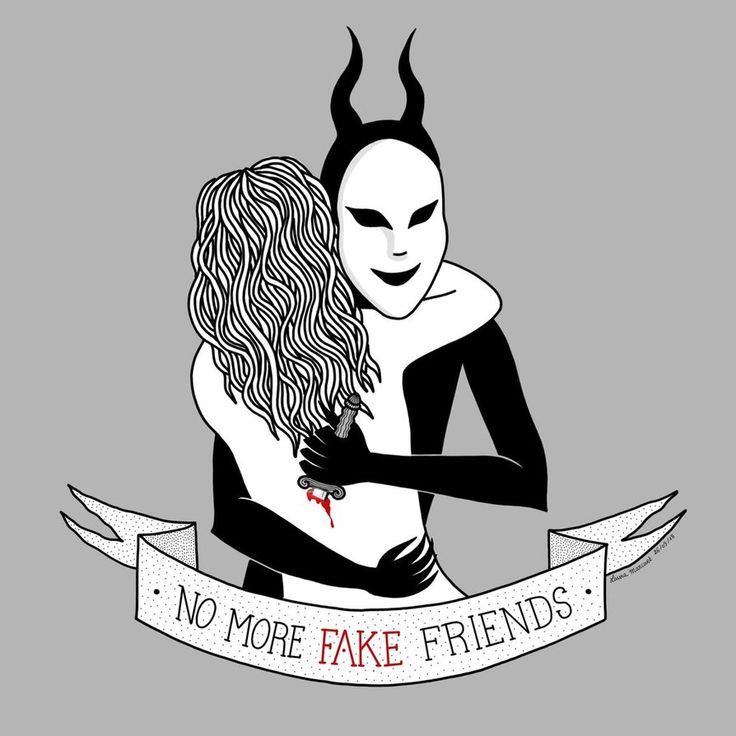 It will take you several months to properly work through the subconscious roots of resentment and emotional dependence from a toxic relationship. When you first broke up with your friend, you did not have the opportunity to work out, because you needed to end that relationship as soon as possible.
It will take you several months to properly work through the subconscious roots of resentment and emotional dependence from a toxic relationship. When you first broke up with your friend, you did not have the opportunity to work out, because you needed to end that relationship as soon as possible.
Well, the relationship is over, and now you have nowhere to rush. If you now have a negative residue from those relationships and / or you are drawn to restore them, then it's time to work out everything that prompts you to do so. Read my articles “How to work through resentment” and “How to get a person out of your head”. Now, when your emotions are still fresh, this is the best time to process them properly and successfully restore emotional balance.
How to get out of a toxic friendship
. A person, communicating with a friend, completely relies on him and is ready to reciprocate any action. Does this always happen? The answer is simple - no.
Each person, one way or another, faced toxic friendships, received a wave of negativity, albeit sometimes hidden, instead of positive emotions and positivity.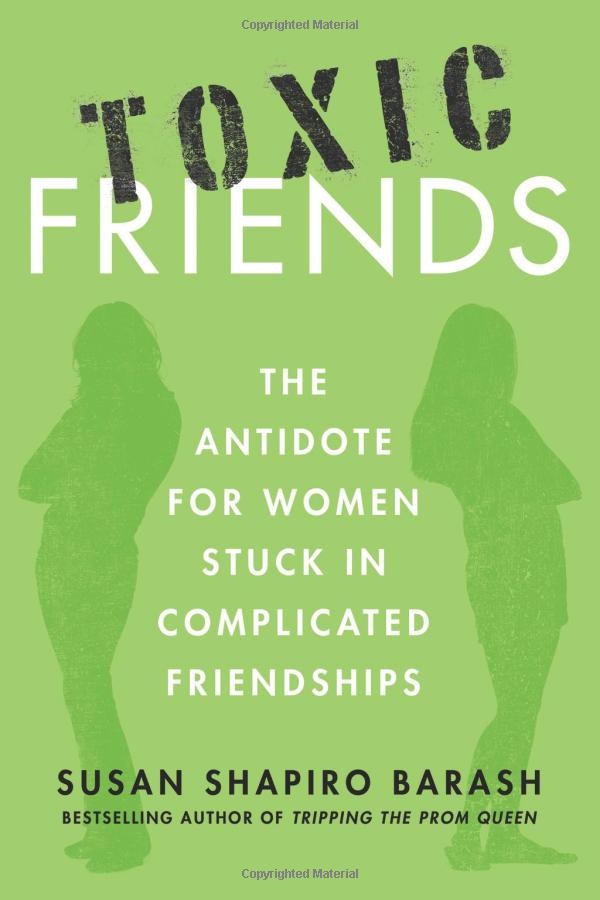
Toxic friendship
What is a toxic friendship like?
Modern society more and more often touches on the topics of interpersonal relationships, among which the topic of toxic relationships, in particular friendship, occupies a leading position.
Toxic friendship is usually called a relationship that does not bring pleasure to one of the partners, but on the contrary, only hurts and devastates, makes you feel guilty.
How to get out of a toxic friendshipDetecting such a relationship is not easy, but it is possible by paying attention to several signs:
1. Lack of support and inspiration . Healthy friendships should inspire and please, give a sense of mutual help and support, but if everything happens the other way around: meeting a friend brings only disappointment and a bad mood, a feeling of loneliness and a complete lack of support, it is necessary to analyze the behavior of a friend and one’s own feelings and further abandon such kind of relationship.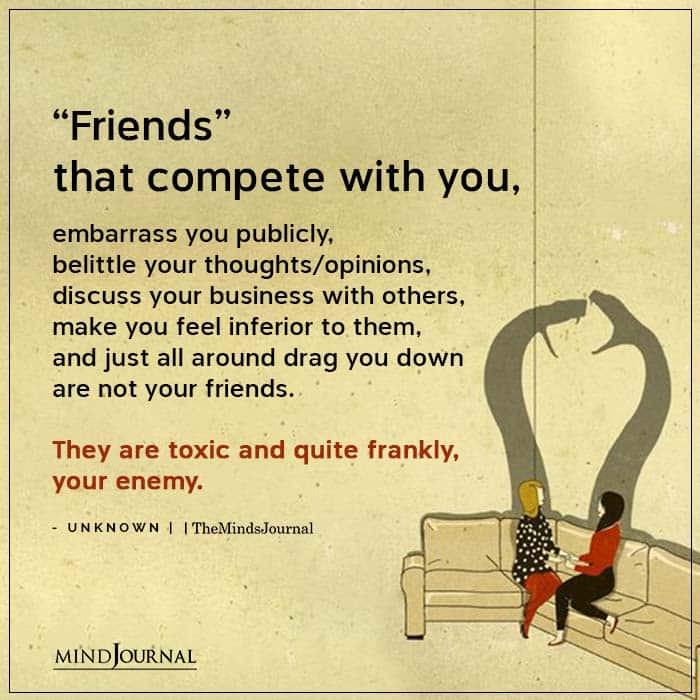
2. Constant ridicule. Angry, hurtful jokes are a clear sign of toxicity. Respect and warm friendly love does not mean negativity in the face of ridicule. This is unacceptable in any kind of relationship.
3. Gossip. If a person spreads gossip by sharing it with his friend, then you can be sure: gossip spreads to the friend himself.
4. Jealousy and constant control . There is a certain category of individuals who seek to draw all the attention exclusively to themselves, because they are afraid that a friend will have new, more important hobbies or friends. Such fears lead to jealousy and total control.
Perhaps jealousy may seem like a flattering prospect, but it will grow until it consumes and suffocates. Behind jealousy and control are only abusive, toxic relationships.
5. False. Deception, even the most skillful, is always revealed. A trusting relationship built on lies is a priori impossible.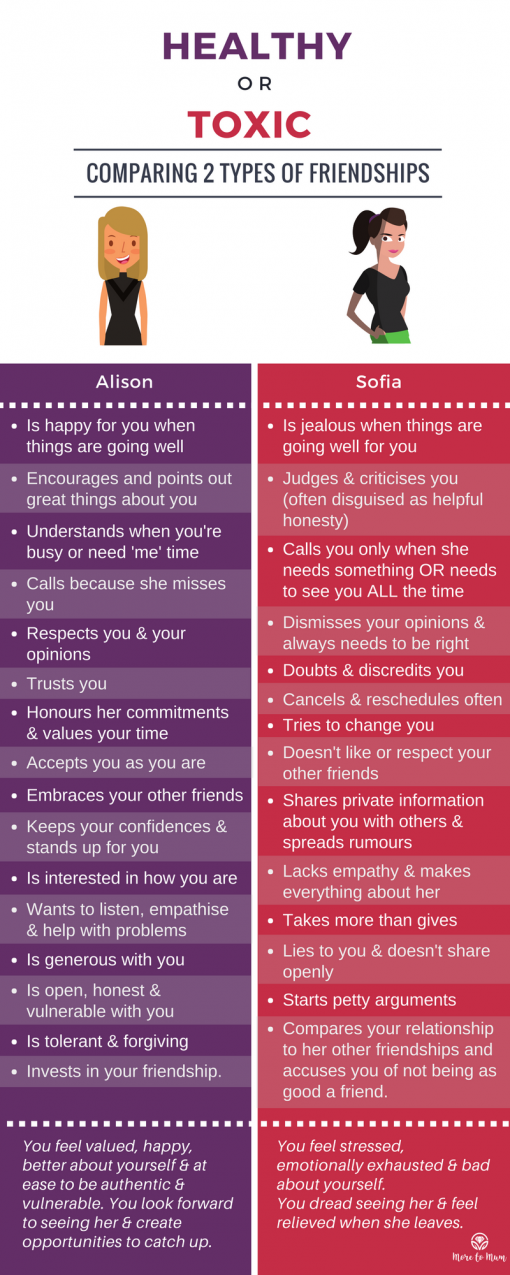 Having caught a person repeatedly in a lie, it is worth stopping friendly relations with him.
Having caught a person repeatedly in a lie, it is worth stopping friendly relations with him.
Paying attention to these seemingly insignificant signs, you can rid yourself of the company of a toxic friend, thereby getting out of an abusive relationship.
How to get out of a toxic friendship?
In order to get rid of destructive relationships, it is not enough just to limit communication. This is often not easy to do, because a toxic friend can charm his “victim” so much that it seems impossible to cut off all the ends.
Constant delaying “day x”, finding excuses for behavior or a banal fear of loneliness - that which only feeds, continues a difficult relationship. What to do to make the gap as effective and painless as possible?
1. Do not escalate the situation. No matter how toxic the relationship may be, it is important to remain cool, maintain inner balance and calmness.
2. Take care of yourself.